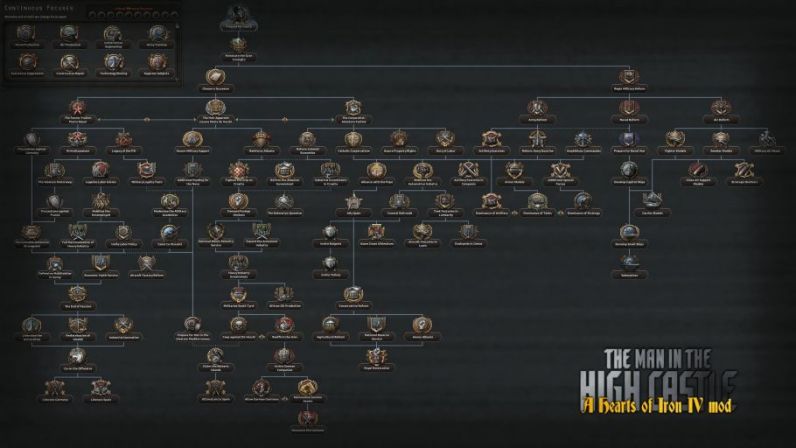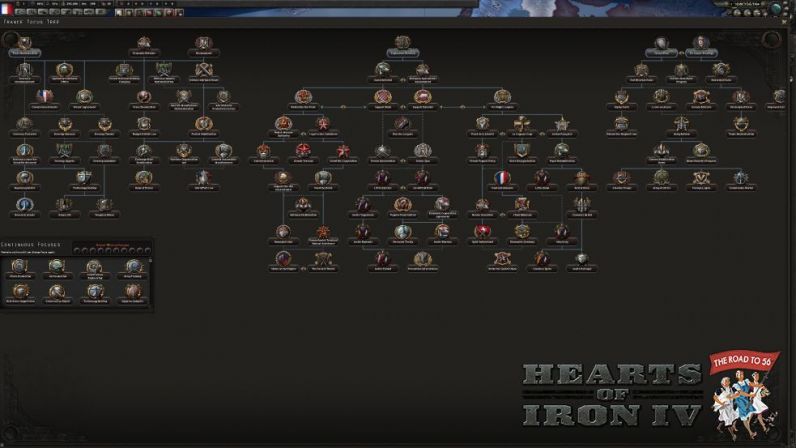

Putin was eventually able to broker a peace agreement which allowed Russia to deploy a peacekeeping mission in the war zone, but this face-saving gesture could not disguise the fact that Moscow had been forced to accept the presence of a rival power in a region where Russia had previously reigned supreme for over a century. The most stunning blow to Russian interests came in the South Caucasus region, where Turkish backing allowed Azerbaijan to wage a victorious six-week war against Kremlin ally Armenia. UkraineAlert is a comprehensive online publication that provides regular news and analysis on developments in Ukraine’s politics, economy, civil society, and culture. Subscribe for the latest from UkraineAlert An English-speaking, Harvard-educated economist, she seeks to pursue membership of the European Union and has called on Russia to withdraw its occupation forces from the Kremlin-backed breakaway Moldovan region of Transnistria. Moldova’s new president-elect Maia Sandu is exactly the kind of politician Moscow fears. In Moldova, the pro-Russian incumbent was handily defeated by a pro-Western candidate in the country’s presidential election. This sparked fears of a further decline in Kremlin influence in a region where Moscow already finds itself competing against the growing presence of China. In Central Asia, unrest in Kyrgyzstan led to the collapse of a pro-Russian government. There was also little to cheer in the wider neighborhood as Russian interests in the post-Soviet space experienced a series of setbacks.

Instead, Putin spent much of his time hidden away from the public as Russia struggled with one of the world’s most severe coronavirus outbreaks. It was supposed to be a year of triumphant posturing dominated by events marking the seventy-fifth anniversary of the Soviet victory over Nazi Germany. This struggle between Russian revanchism and the nation-building efforts of the former Soviet republics has shaped the political landscape of the post-Soviet world for a generation, but there are signs that the tide may now be turning decisively against the Kremlin.Ģ020 proved disastrous for Vladimir Putin and his dreams of informal empire.

In reality, Moscow has never come to terms with the loss of empire and has spent the past thirty years fighting to reverse the verdict of history. Officially, of course, the USSR ceased to exist in 1991. Three decades since the collapse of the Soviet Union, the process is still far from over.


 0 kommentar(er)
0 kommentar(er)
